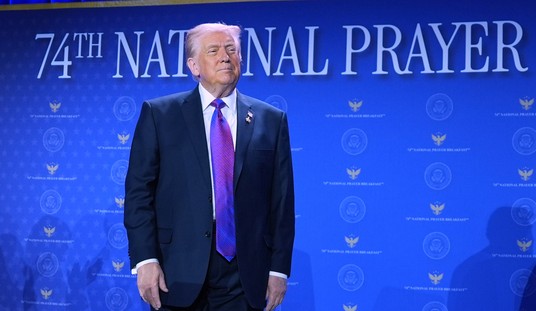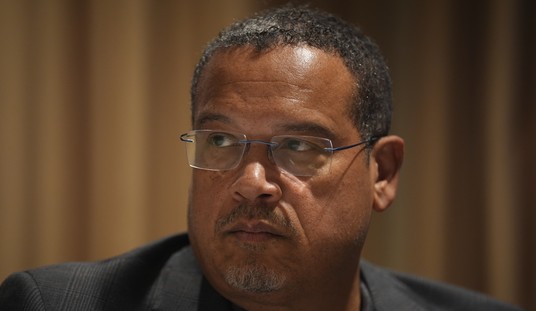For a president who owes his 2008 primary and general election victories to his politically beneficial opposition to the conflict in Iraq, it is difficult to think of a more frustrating development than the renewal of that conflict.
For Obama, who campaigned on and successfully achieved a near complete American withdrawal from Iraq, even over the objections of policy makers who warned of the potential for that chronically unstable nation to again erupt in violence, being forced to contemplate revived military action in that country represents a political Sophie’s Choice. Abstain, and risk being haunted by the impression that he presided over the loss of the Middle East having surrendered the tenuous gains in Iraq and allowed conflicts in Syria, Egypt, and Saudi Arabia to metastasize. Accept, and the Obama presidency’s raison d’être – a mandate for retrenchment and a renewed reliance on smart power – collapses.
It’s a tough call, but it wasn’t so difficult a decision when the escalating violence in Iraq was not front page, above the fold material. According to a New York Times report on Tuesday, the United States was approached by the Iraqi government on multiple occasions with request that they carry out airstrikes against targets where extremists were basing. They were refused.
“By March,” the Times reports, “American experts who visited Baghdad were being told that Iraq’s top leaders were hoping that American air power could be used to strike the militants staging and training areas inside Iraq, and help Iraq’s beleaguered forces stop them from crossing into Iraq from Syria.” A report by Eli Lake in The Daily Beast indicates that Iraqi officials have been requesting renewed U.S. air support since November, 2013.
The Times report adds that the same appeal was made in a May 16 phone call between Iraqi Prime Minister Nuri al-Maliki and Vice President Joe Biden. That was followed by a formal, written request. It was rebuffed, but the United States did provide the Iraqi military with $14 billion in lethal military aid – some of which is turning up in ISIS propaganda videos as the militants celebrate its capture from retreating Iraqi forces.
The most recent reports indicate that the fighting has now nearing Karbala, a holy city for Shiite Muslims and strategically located just 100 kilometers to the southwest of Baghdad. The city of Kirkuk in the Kurdish north has already been surrendered by the Iraqi government, and is reportedly in control of independent Kurdish forces.
The opportunity to strangle, or at least contain, the ISIS baby in its Levant crib having passed, Iraq is now the battlefield of necessity. This threat, too, would be ignored but for the fact that the ISIS threat to Iraq is now an A1 story. American officials, speaking on the condition of anonymity, told reporters on Tuesday that they were strongly considering the resumption of airstrikes (or “kinetic support”) inside Iraq.
Operationally, some reports indicate, strikes against ISIS fighters and staging areas inside Iraq would not differ dramatically from maned and unmanned airstrikes in other Asian and North African theaters – American counterterror operations which already enjoy broad, bipartisan support and have been a pillar of Obama’s defense strategy.
Americans would, however, view the authorization of force in Iraq quite differently. It represents the collapse of yet another of Obama’s promises. It would cement for his supporters the awareness that Obama can no more reverse the tides of history than he could reverse the tides of the ocean. It would also cede to Republicans a political talking point of immense value. Following those strikes, Republicans could rightfully say that the Iraq War, which was authorized in a bipartisan manner, would also have been executed in a bipartisan manner.
Airstrikes in Iraq would be the politically unpalatable thing to do, but it is unclear whether the president has much of a choice. By avoiding the political headache associated with authorizing limited intervention in Syria, he has invited the throbbing political migraine coupled with the resumption of military operations in Iraq.








Join the conversation as a VIP Member